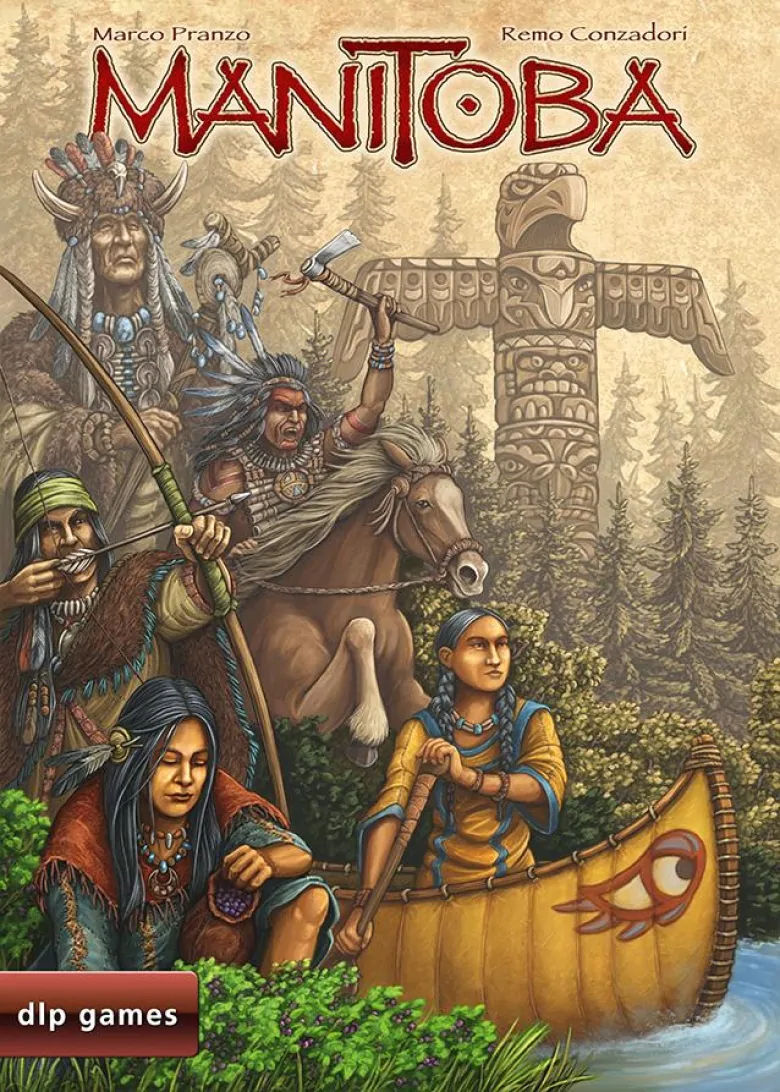I’ve been seeing people lately asserting that use of the word “tribe” is cultural appropriation. I found this a little odd, given that “tribe” is an English word for a group of people.
tribe
A social division in a traditional society consisting of families or communities linked by social, economic, religious, or blood ties, with a common culture and dialect, typically having a recognized leader.
1.1 (in ancient Rome) each of several political divisions, originally three, later thirty, ultimately thirty-five.
1.2 derogatory A distinctive or close-knit group.
1.3 informal A large number of people.
Oxford English Dictionary
And for good measure:
tribe
a : a social group comprising numerous families, clans, or generations together with slaves, dependents, or adopted strangers
Merriam-Webster Dictionary
b : a political division of the Roman people originally representing one of the three original tribes of ancient Rome
2 : a group of persons having a common character, occupation, or interest
3 : a category of taxonomic classification ranking below a subfamily; also : a natural group irrespective of taxonomic rank
When you give it a little thought, you begin to realize that “tribe” as a reference to groups of indigenous people has application around the globe. It’s been used throughout Africa as well as Australia and New Zealand, throughout the Pacific to South America and up into North America. Obviously this is an extremely broad geographic area representing a vast number of cultures. The nation of Israel has been divided into 12 tribes for thousands of years, and ancient Rome was split into three tribes. Bearing all that in mind, if I were to use the word “tribe”, which culture am I appropriating? A Jewish one? An indigenous culture? If so, which one? It seems to me if you can’t tell what culture is being appropriated, it is by definition not cultural appropriation.
In considering whether use of the word “tribe” constitutes cultural appropriation, I had to wonder if a word – if language, as a concept – could be culturally appropriated at all, and I came up with an example: pow wow. The term has been lifted and used in English to refer to a meeting, or to the process of conferring. Its origin is with North American indigenous people, and its original meaning there doesn’t quite match the English use of the term. Here I think we have a pretty clear case of cultural appropriation. However, I don’t think it matches the situation with the word “tribe,” even though a word or term can be culturally appropriated, as is the case with pow wow. In this case, it’s not the meeting itself that is being appropriated, it’s simply the term for it.
I’m not against being politically correct (rather the opposite, actually), and my objection concerning this term is in no way a negative reaction toward political correctness. There is so much more we still need to do in becoming more sensitive with our terminology. As we move in that direction though, there may be times that we need to stop and question in order to seek understanding. Much change is required, but if we don’t understand why the change is being made, we haven’t accomplished much — that’s where anti-PC sentiment comes from. Within a two-way dialogue for understanding, I would hope that there’s some room for things to shift both ways. In this case, the legitimate use of the English word “tribe” needs to be understood as having an innocent semantic meaning.
Without arguing in favour of cultural appropriation in any fashion, I’m suggesting that not everything is cultural appropriation. “Tribe” is just a word, and it’s not in the mother tongue of anyone claiming it’s cultural appropriation, nor is it clear from which culture it would have been appropriated. Now, if we were to reference a particular tribe and, say, name a pro sports team after it, that’d be another story — that would be a case of cultural appropriation. In my view though, the unqualified English word “tribe” on its own just doesn’t meet that criteria.

And while I was thinking about all that, out comes news of a board game called Manitoba, which stereotypes indigenous peoples somewhat egregiously. Each player in the game represents a Cree tribe. The board game artwork shows depicts totem poles, which is not part of Cree culture at all. It includes a “Cree prophecy” which is actually attributed to a member of the Osage Nation without any real overlap with the Cree nation. So why did the game creator place it within the Cree nation? Because he liked the sound of the word “Manitoba.” I think we’re pretty safe calling this one cultural appropriation, with the twist of mashing some distinct people groups into one so they can be stereotyped together. In Germany where the game maker is based, this may not get as much notice, but that just underscores how a stereotype can be propagated.
So why did the game creator place it within the Cree nation? Because he liked the sound of the word “Manitoba.” I think we’re pretty safe calling this one cultural appropriation, with the twist of mashing some distinct people groups into one so they can be stereotyped together. In Germany where the game maker is based, this may not get as much notice, but that just underscores how a stereotype can be propagated.
Interestingly, the Wikipedia article on totem poles includes the etymology of the word “totem”, which is most likely derived from the Anishinaabe word for “kinship group” which could also mean clan or tribe in English. It’s just a group of people by another name.